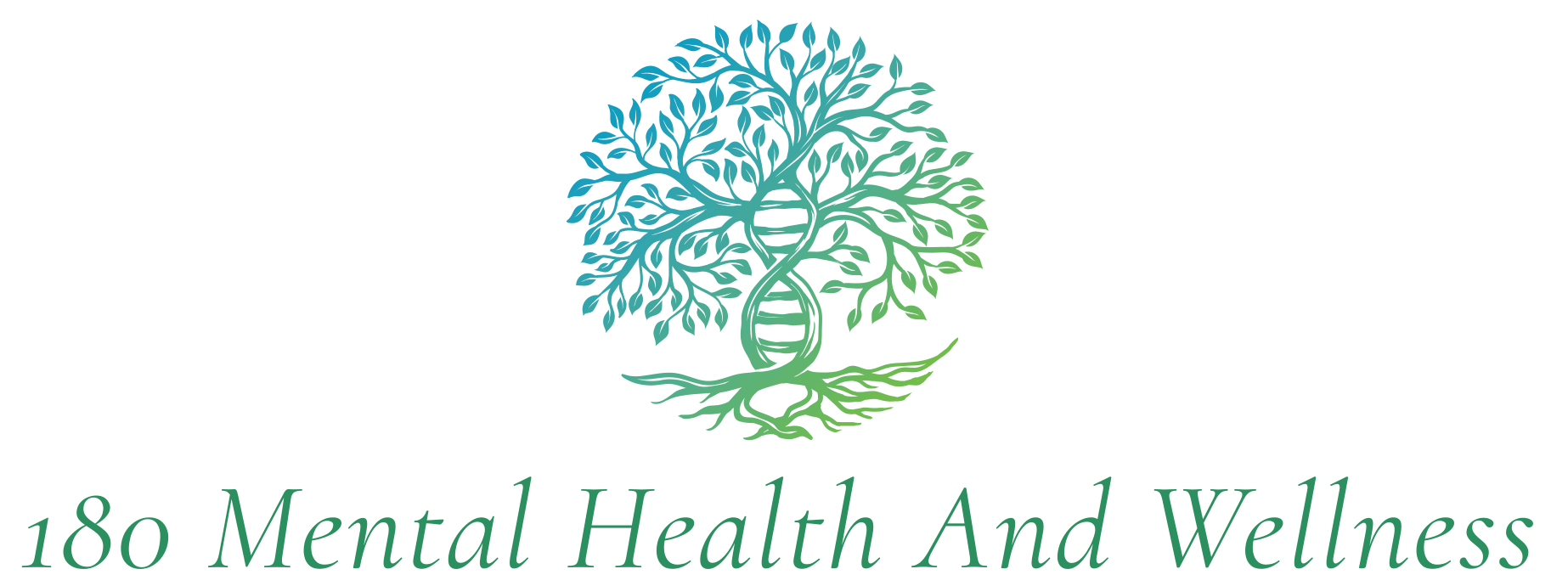Recovering from addiction can be tough, but it is not impossible. People dealing with addiction face many challenges, like physical struggles, emotional pain, and social pressures. It can feel like a lot to handle, but the right therapies for addiction can make a big difference. With a plan that fits their needs, anyone can take steps toward a better life.
This article will share effective therapies that can help people take back control and feel confident again.
Why Addiction Therapies Matter
Overcoming addiction is not just about stopping a habit. It is about understanding and tackling what is behind it. Addiction affects how the brain works, making it hard to ignore triggers. Everyone’s experience with addiction is different, so what helps one person might not help another. That is why good therapies for addiction focus on what each person needs. These treatments help with things like physical cravings, emotional pain, and the deeper reasons behind addiction.
Top Effective Therapy Options for Addiction
Addiction treatment will not be the same for everyone. Here are the most effective therapies for addiction:
1. Cognitive Behavioral Therapy (CBT)
Cognitive behavioral therapy, or CBT, is one of the best ways to treat addiction. It helps people understand and change the negative thoughts that lead to addictive behaviors. When CBT is combined with other treatments, it greatly reduces the chance of relapse.
With CBT, people can:
- Spot triggers and harmful thought patterns
- Build healthier ways to cope with challenges
- Learn problem-solving and decision-making skills
For example, someone addicted to alcohol might realize that work stress makes them want to drink. CBT lets them practice techniques that can reduce their stress in a healthier way.
2. Motivational Interviewing (MI)
Motivational interviewing, or MI, helps people work through any doubts they have about getting treatment. Many individuals who struggle with addiction feel unsure about making changes, and that is where MI can help. These sessions focus on finding your own motivation to break free from addiction.
Key benefits of MI include:
- Helping you think about your goals
- Encouraging you to take control of your recovery
- Being great for those who are not fully ready to commit to therapy
Instead of feeling forced, MI lets you explore your reasons for change. Whether it is reconnecting with family, following a dream, or improving your health, MI can help. It guides you toward taking that step.
3. Contingency Management (CM)
Contingency management, or CM, uses rewards to encourage positive changes. It is a way to motivate people by offering small incentives for healthy actions. These activities may include going to therapy or staying drug-free.
Examples of rewards include gift cards, vouchers, and small but meaningful privileges. CM works especially well for those recovering from stimulant or opioid addiction. This approach combines quick rewards with building healthy habits that last.
4. Dialectical Behavior Therapy (DBT)
DBT is a great option for people struggling with addiction and mental health challenges like depression or anxiety. It is similar to CBT but puts extra focus on managing emotions and building better relationships.
Key parts of DBT include:
- Helping you accept where you are in life right now
- Teaching ways to cope with stressful situations
- Building strength to handle tough emotions
If someone’s addiction is tied to emotional pain, DBT can help. It gives them useful tools to deal with those feelings in healthier ways instead of turning to substances.
5. Group Therapy
Recovering from addiction can feel isolating. However, group therapy offers a safe space to connect with others who understand what you are going through. It is comforting to share your experiences and know you are not alone.
Some benefits of group therapy include:
- Learning from others’ stories
- Getting encouragement and support
- Building meaningful relationships with people on a similar path
Group therapy can take different forms, like 12-step programs, SMART Recovery meetings, or sessions led by a counselor. Each meeting is about building understanding, connection, and hope.
6. Medication-Assisted Treatment (MAT)
MAT uses both medicine and therapy to help people overcome addiction. It works well for opioid and alcohol addiction.
Some common medications include:
- Methadone and buprenorphine for opioid addiction
- Naltrexone and disulfiram for alcohol addiction
These medications help by easing withdrawal symptoms and reducing cravings. This makes it easier for people to focus on therapy and their recovery. MAT is always done under careful medical supervision to ensure safety and success.
7. Family Therapy
Addiction can strain relationships. Family therapy helps rebuild those connections while addressing substance use challenges. It shows how loved ones can support recovery and encourages better communication and understanding.
Family therapy focuses on the following:
- Solving conflicts within the family
- Helping family members learn about addiction
- Strengthening the support system for the person in recovery
With strong family support, recovery becomes more successful. This process allows families to heal together, creating a base for trust and growth that lasts.
8. Holistic Therapies
Holistic therapies focus on healing the whole person—body, mind, and spirit. They work alongside traditional treatments to support recovery.
Some popular holistic therapies include:
- Yoga and mindfulness to help you relax
- Art or music therapy to express emotions
- Acupuncture to ease cravings and boost well-being
These practices help people find balance in their lives and build healthy habits for long-term recovery.
Compassionate Therapies for Addiction in Phoenix, AZ
There is no one-size-fits-all approach to recovery. Effective therapies for addiction always need to be tailored to an individual’s needs. Whether you benefit from CBT, group therapy, or medication assistance, progress takes time and commitment.
Do not face addiction alone. Trust 180 Mental Health and Wellness as your guide to recovery. Our team provides personalized care tailored to your goals. Call (480) 863-5250 today or submit an appointment request form to begin your journey. A better and healthier future is achievable.
We look forward to serving you!
Sources:
https://my.clevelandclinic.org/health/diseases/6407-addiction
https://my.clevelandclinic.org/health/diseases/16652-drug-addiction-substance-use-disorder-sud
https://www.mayoclinic.org/diseases-conditions/mental-illness/in-depth/intervention/art-20047451
https://www.mayoclinic.org/diseases-conditions/drug-addiction/diagnosis-treatment/drc-20365113
https://www.mayoclinic.org/departments-centers/addiction-services/sections/overview/ovc-20560250

